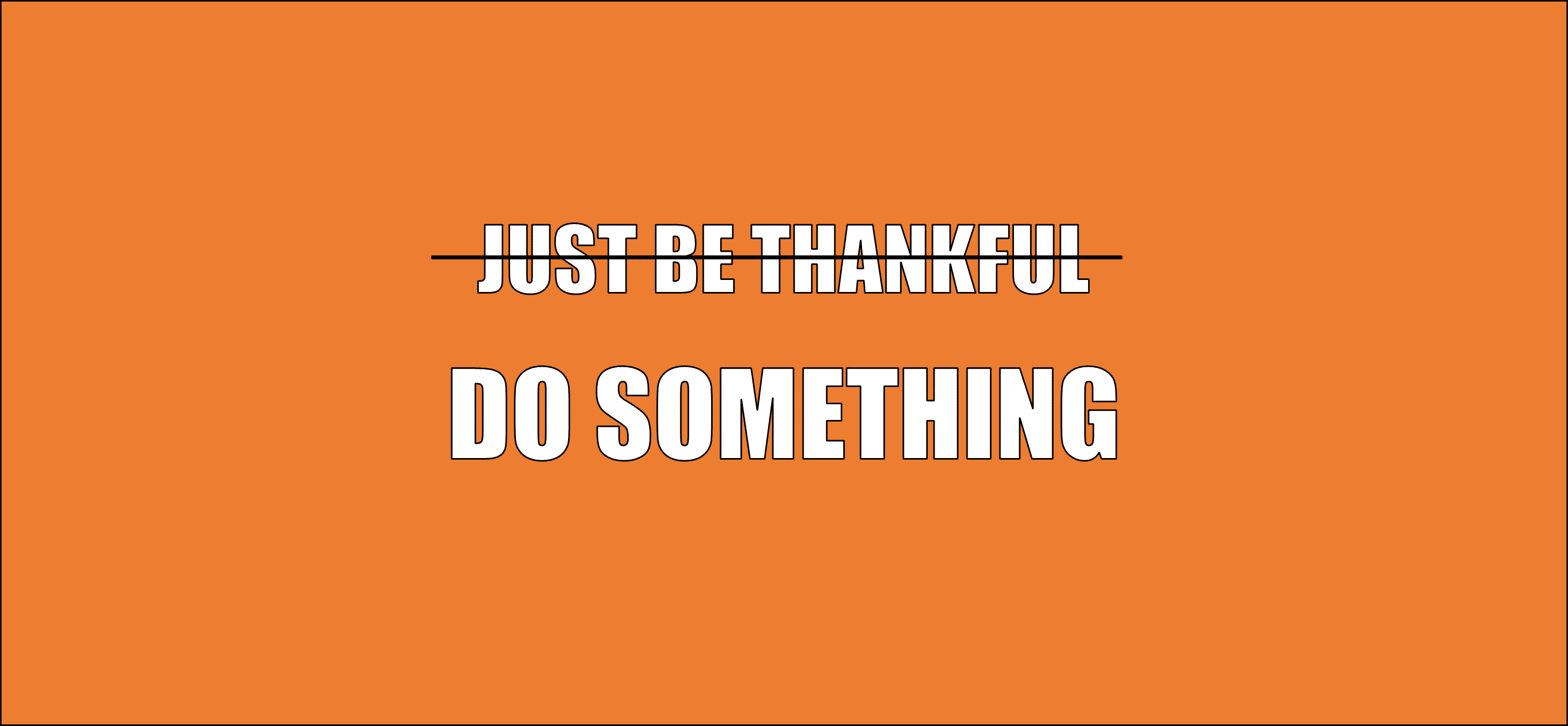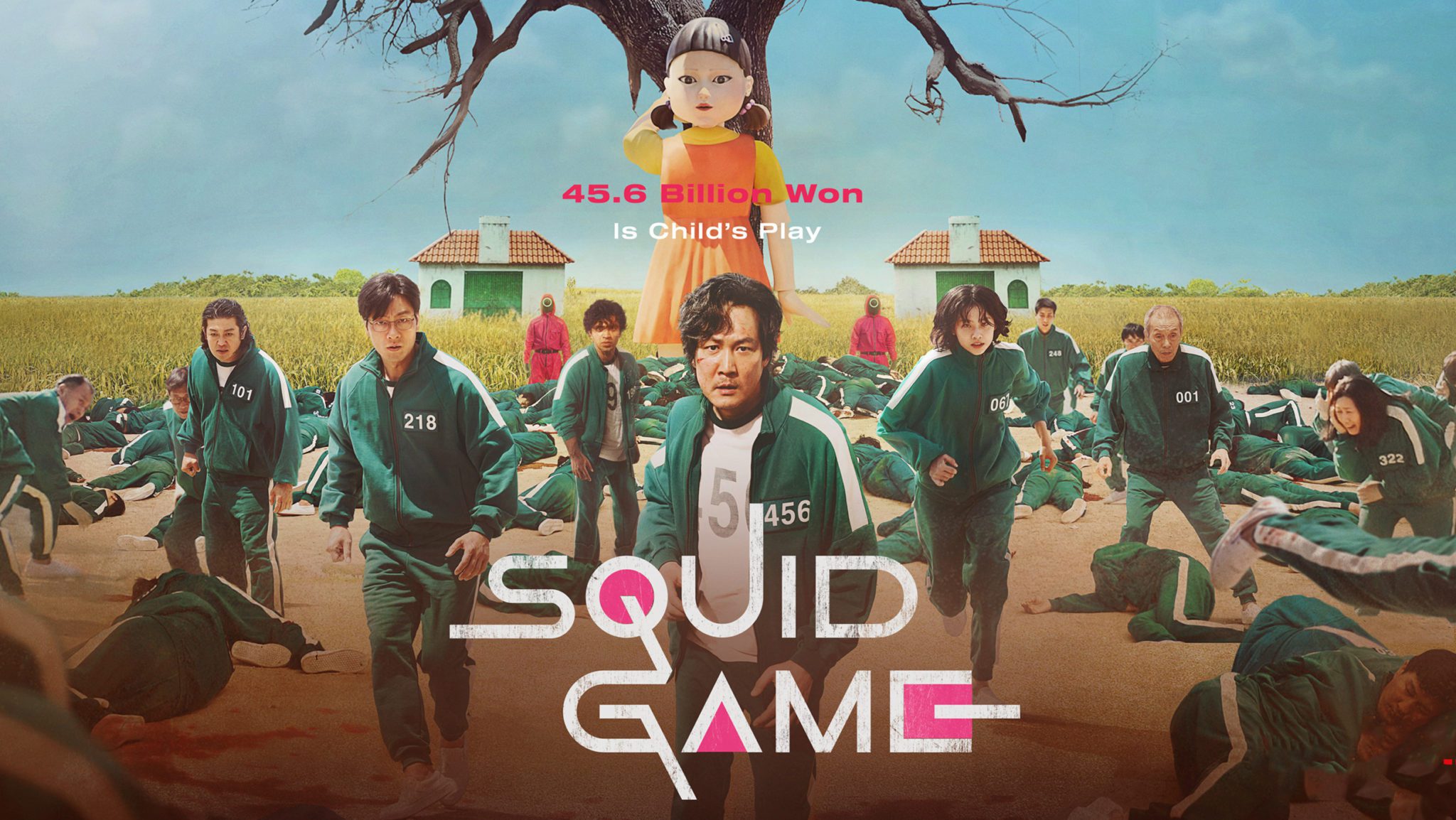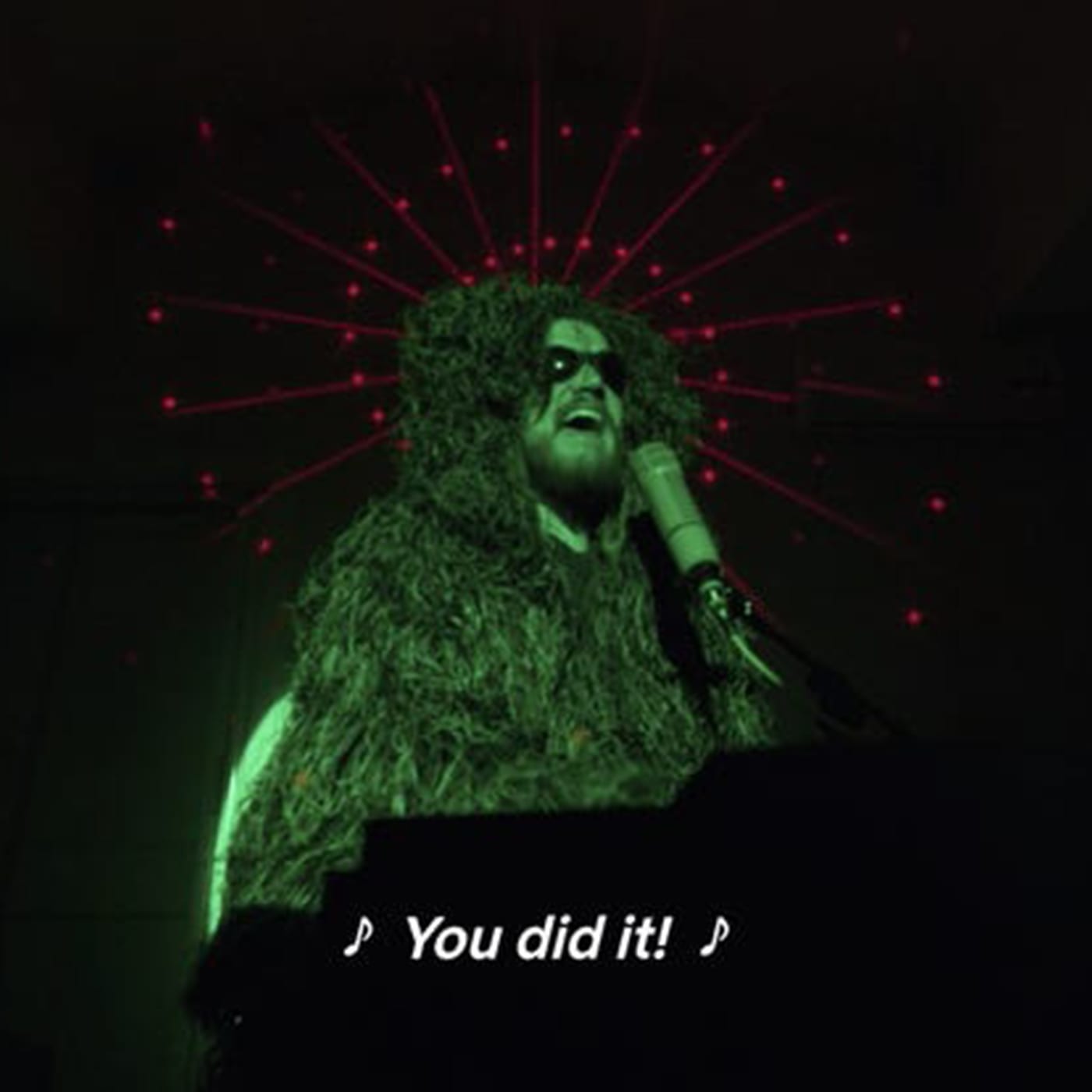
Don’t Just Be Thankful – DO SOMETHING!
Being thankful is nice, but doing something in response is better! In this fresh new Your Sunday Drive podcast episode, we reflect on items from the realms of current events, pop culture and our own lives. We discover plenty to be thankful for, but more importantly, we discuss actual ways to show thankfulness and respond….









